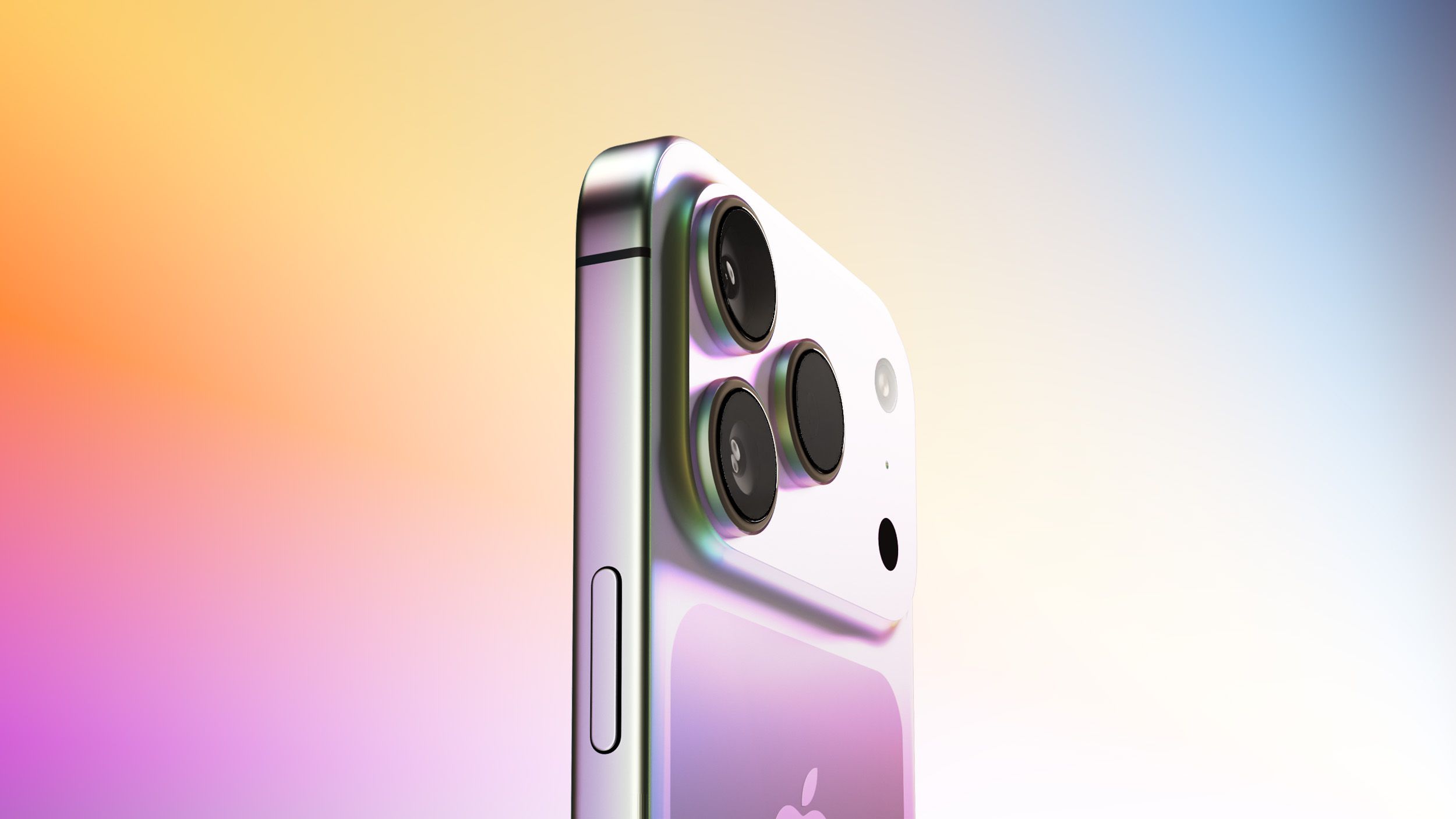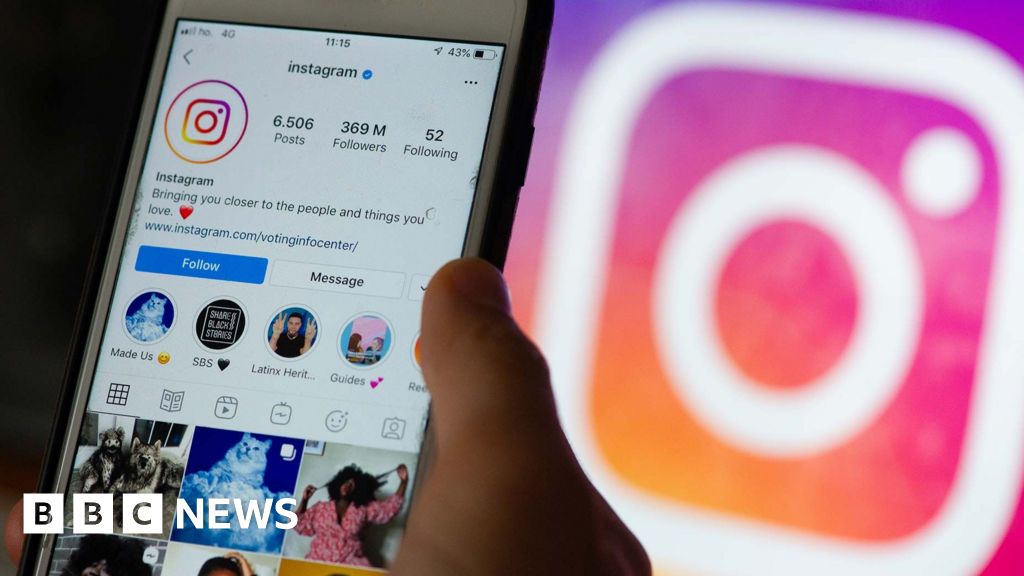Rising Demand for the iPhone 17 Pro: Color Controversy and Investor Confidence

Rising Demand for the iPhone 17 Pro
Despite mixed reactions to the iPhone 17 Pro's bold "Cosmic Orange" color, demand for Apple's latest flagship is growing. The unique hue has sparked both admiration and debate among fans, with many embracing its vibrant and fresh look. Retailers report strong sales, and this enthusiasm is reflected in Apple's share price, which has shown positive movement since the launch.
The Color Controversy and Its Impact
Some users have noted an unusual color change phenomenon where the Cosmic Orange model gradually shifts toward a rose gold tint. This unexpected transformation, likely caused by UV exposure or chemical interactions, has led to concerns about the phone’s finish durability. Despite this, the color shift has intrigued early adopters and even generated viral attention, adding a layer of uniqueness to the device.
Investor and Consumer Confidence
Apple's ability to attract new customers with innovative designs and solid performance continues to bolster investor confidence. The iPhone 17 Pro combines aesthetic appeal with technological advancements like improved battery life and camera features, maintaining Apple's strong position in the competitive smartphone market.
About the Organizations Mentioned
Apple
Apple Inc. is a leading American multinational technology company known for pioneering personal computing, mobile devices, and software ecosystems. Founded in 1976 by Steve Jobs and Steve Wozniak, Apple revolutionized technology with the first commercially successful personal computer and mainstream adoption of the graphical user interface (GUI), setting new standards in product design, user experience, and seamless integration across devices[2]. Headquartered in Cupertino, California, Apple’s product lineup includes the iPhone, iPad, Mac computers, Apple Watch, AirPods, and services such as the App Store, Apple Music, and iCloud. The company has built a vast ecosystem that enables third-party developers to expand product functionalities, strengthening its market dominance. Apple is widely recognized for its innovation in hardware, software, and services, with an emphasis on aesthetics and privacy. In 2025, Apple committed to its largest-ever investment initiative, pledging $600 billion over four years in the United States to boost manufacturing, research and development, and advanced technology sectors like artificial intelligence (AI) and silicon engineering[1][3]. This includes new manufacturing facilities, expanded R&D centers, and a program called the American Manufacturing Program (AMP) to encourage domestic production of critical components. These efforts support over 450,000 U.S. jobs and aim to establish a robust supply chain within the country[3]. Financially, Apple remains a powerhouse with a market capitalization of $3.84 trillion and annual revenue exceeding $400 billion. However, in 2025, it faced challenges including a 19% decline in stock value, intensified regulatory scrutiny from the U.S. Department of Justice over antitrust issues, legal disputes related to the App Store, and competitive pressure in AI technology[1][2]. Despite these hurdles, Apple continues to innovate, recently updating its software platforms with a unified "Liquid Glass" design and expanding its AI-driven personal assistant, Apple Intelligence[1]. Under CEO Tim Cook’s leadership, Apple balances technological advancement


















